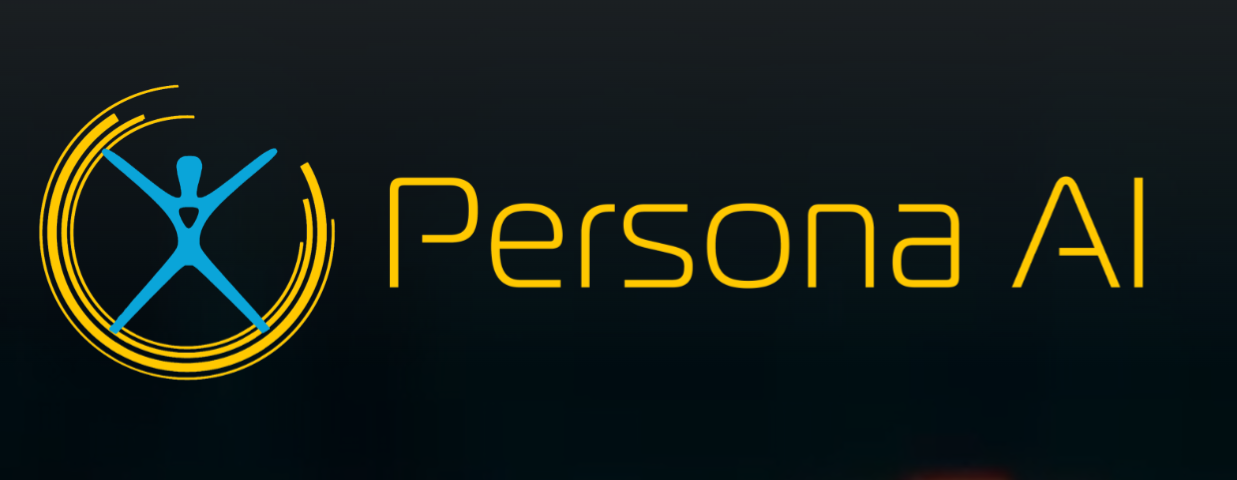Insider Brief
- Google DeepMind has introduced AlphaEvolve, an artificial intelligence system capable of autonomously generating and optimizing computer algorithms, using a method that combines large language models with automated evaluation.
- Built on the Gemini model family, AlphaEvolve uses an evolutionary framework to iteratively improve algorithmic code and has already improved data center operations, chip design, and AI model training efficiency across Google’s infrastructure.
- Beyond performance optimization, the AI system has shown early promise in mathematics and scientific research, discovering a new matrix multiplication algorithm and advancing long-standing open problems like the kissing number challenge, with plans to expand to drug discovery, materials science, and sustainability.
Google DeepMind has unveiled a new AI system that the company claims can autonomously write and evolve computer algorithms. It’s a development the research team said will have broad real-world applications, including finding new solutions for open mathematical and scientific problems.
The new agent, called AlphaEvolve, is built on Google’s Gemini models and uses an evolutionary framework to generate, test, and refine algorithms written in code, according to a Google DeepMind blog post.
The research team behind AlphaEvolve combined large language models with automated evaluators to propose and verify algorithmic solutions. Instead of focusing on single functions, AlphaEvolve iteratively evolves entire programs, testing their performance using metrics that assess correctness and quality. The approach has already yielded improvements across Google’s computing infrastructure, according to the company.
“Over the past year, we’ve deployed algorithms discovered by AlphaEvolve across Google’s computing ecosystem, including our data centers, hardware and software,” the AlphaEvolve team wrote on the blog post “The impact of each of these improvements is multiplied across our AI and computing infrastructure to build a more powerful and sustainable digital ecosystem for all our users.”
Among the real-world deployments cited by Google, AlphaEvolve enhanced scheduling operations in data centers, recovering about 0.7% of computing resources through a simple heuristic now in continuous use. The system also helped streamline hardware design by refining a key arithmetic circuit in Google’s Tensor Processing Units.
“By suggesting modifications in the standard language of chip designers, AlphaEvolve promotes a collaborative approach between AI and hardware engineers to accelerate the design of future specialized chips,” the research team noted.
In AI training, the team said AlphaEvolve discovered a method that sped up a matrix operation in Gemini’s architecture, cutting training time by 1%. In another test, it achieved over 30% speed gains on a critical GPU instruction used in Transformer models.
The team reported it applied AlphaEvolve to mathematics as well, producing notable results in matrix multiplication, a foundational computer science problem. The agent designed a new algorithm for multiplying 4×4 complex matrices using fewer operations than any previously known method. The improvement surpassed a milestone that had stood since 1969. AlphaEvolve also attempted over 50 open math challenges, rediscovering known solutions 75% of the time and improving on 20%, including progress on the 300-year-old kissing number problem in 11 dimensions.
AlphaEvolve draws from multiple versions of Google’s Gemini models. The lightweight Gemini Flash version explores a broad array of possibilities, while the more powerful Gemini Pro version provides depth and refinement. Both are coordinated by an evolutionary controller that decides which code variations survive and which are discarded.
The AI’s ability to score and validate its own output makes it well suited for areas where solutions can be formally tested. Google engineers noted the importance of this trait in mathematics, where new algorithms must be provably correct, and in chip design, where proposed modifications must meet rigorous validation standards.
The team plans to expand AlphaEvolve’s reach by offering early access to academic researchers and eventually making it more broadly available. Future applications could include drug development, sustainable materials discovery, and other areas where solutions can be expressed in algorithmic terms and assessed automatically.
“While AlphaEvolve is currently being applied across math and computing, its general nature means it can be applied to any problem whose solution can be described as an algorithm, and automatically verified,” the team concluded. “We believe AlphaEvolve could be transformative across many more areas such as material science, drug discovery, sustainability and wider technological and business applications.”






